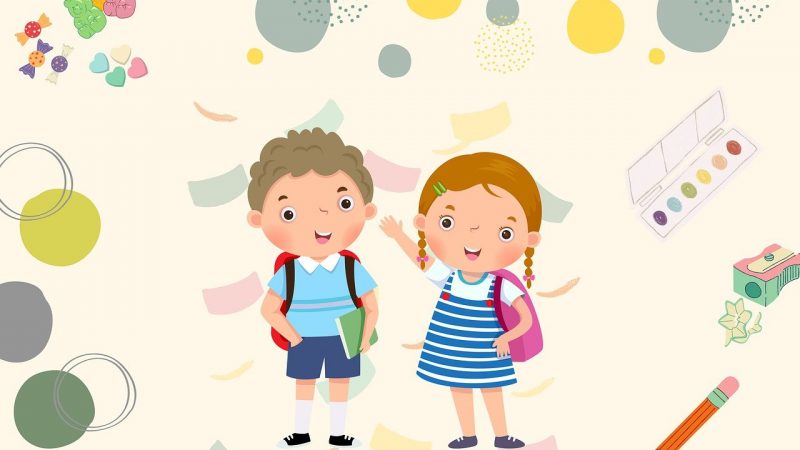Emotions drive learning, decision-making, relationships and wellbeing. Yet most children lack training in understanding and managing emotions. This is where Mood Meter comes in. Mood Meter is a unique feelings chart developed by Yale Center for Emotional Intelligence to build emotional intelligence in children and youth. Here is an in-depth look at how this simple but powerful tool helps kids master critical skills.
Introducing the Mood Meter
The Mood Meter is a quadrant chart that acts as a “psychological map” for feelings. The chart classifies emotions into four color-coded categories:
– Red (high energy negative) – anger, frustration, stress
– Yellow (high energy positive) – happiness, excitement, hope
– Green (low energy positive) – calmness, comfort, trust
– Blue (low energy negative) – boredom, loneliness, tiredness
The position of each emotion indicates its intensity and energy level. For example, fury and annoyance both fall under the red quadrant, but fury has greater intensity.
Students map their momentary emotions onto the chart to develop self-awareness and vocabulary for articulating nuanced feelings. Regular use of the meter builds critical emotional intelligence.
Why Emotional Intelligence Matters
Emotional intelligence or EQ enhances students’ learning, decision-making, relationships and wellbeing in profound ways:
– It enables recognizing and managing feelings effectively. Students who can label and express emotions productively have better focus and mental health.
– Higher EQ leads to greater empathy, compassion and ability to understand different perspectives. This improves social interactions and relationships.
– Students become better at making healthy choices aligned with objectives rather than impulsive decisions skewed by fleeting emotions.
– EQ strengthens resilience to adversity, change and stress by equipping students to leverage positive emotions.
– Emotional awareness provides greater access to the brain’s executive functioning key for academic performance and critical thinking.
Using the Mood Meter Builds EQ
The Mood Meter powerfully instills core EQ competencies in students:
1. Emotional awareness – Students develop vocabulary for nuanced feelings and ability to recognize their emotions in the moment.
2. Emotional regulation – Plotting feelings along the chart’s energy spectrum teaches students to modulate emotional intensity.
3. Emotional literacy – Students become comfortable expressing feelings verbally and nonverbally through productive channels.
4. Empathy – Understanding emotions as universal human experiences rather than personal flaws builds compassion.
5. Resilience – Students learn to intentionally shift feelings from the red and blue into the green and yellow quadrants.
6. Decision-making – Students identify how specific emotions influence decisions and learn to pause before reacting.
Integrating the Mood Meter Into Learning
Teachers can integrate the mood meter into classroom and home learning in fun, engaging ways:
– Have a large printed mood meter prominently displayed. Students map their emotions throughout the day by placing sticky notes or magnets on the chart.
– Create “mood necklaces” with beads in the four colors. Students slide beads to reflect moods.
– Use the chart during read alouds and discussions to analyze characters’ evolving emotions.
– Have students plot story arcs and turning points on the chart based on protagonists’ emotional journeys.
– Guide students to identify choices that characters could have made at key moments if they had paused to consult the chart.
– Before big exams, have students intentionally shift their mood into the yellow quadrant to feel motivated and hopeful.
The Mood Meter provides a simple yet powerful framework for instilling emotional intelligence. Learning to become fluent with the chart empowers students to understand themselves and others at a deeper level.
Benefits of the Mood Meter
By integrating the mood meter into learning, students can gain:
– Greater self-awareness and ability to express emotions constructively
– Enhanced focus, decision-making and mental health
– Stronger social-awareness and empathy
– Improved resilience in handling setbacks and adversity
– Deeper understanding of themes and characters when analyzing stories
– Insights into how moods influence choices and behaviors
– Tools to self-regulate emotions and cultivate positive feelings
The Mood Meter delivers an interactive, engaging way for children to master emotional intelligence skills that will serve them throughout their lives. In the process, it empowers them to become their best selves.









